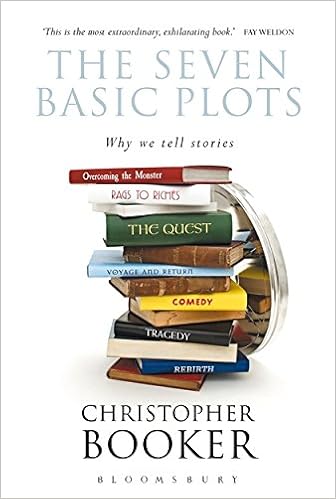About
Popular Posts
-
Ebook , by Robin Green Alfaic Wolf Ferri Maintenant, à quel point savez-vous où acheter cet e-book , By Robin Green Alfaic Wolf Ferri Peu im...
-
Télécharger Ebook Thé-Magnifique Gardez vos moyens d'être ici et de lire cette page Web terminée. Vous pouvez profiter de la recherche G...
-
Ebook gratuit Bourgogne gourmande, by Alain Doire Mayalen Gauthier Pour obtenir ce livre, il sera certainement si simple. Cette fois-ci, tu ...
